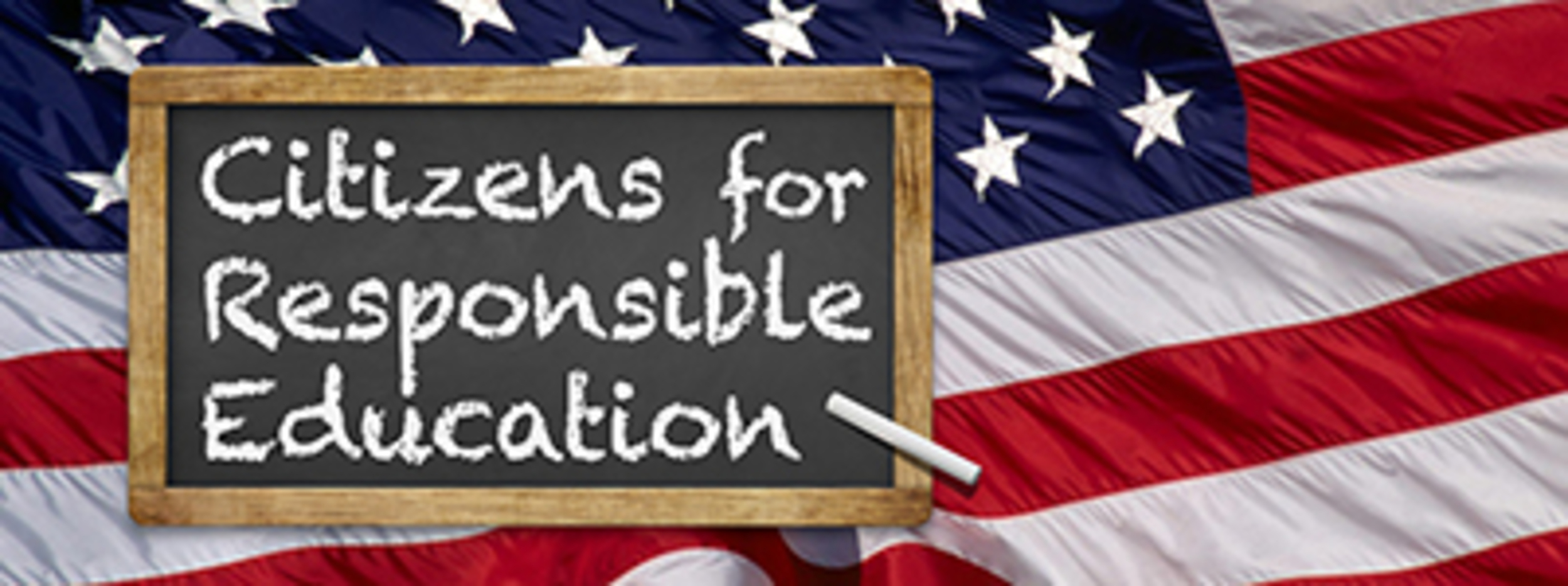
Comprehensive Sex Education (CSE)
What is it?
Comprehensive Sexuality Education, or Comprehensive Education on Human Sexuality, is currently being taught in classrooms all over the world. A modernized form of sex-education, this program has no age limit, and may begin in pre-school and continue all the way through high school.
The learning materials associated with Comprehensive Sexuality Education are quite often age-inappropriate and go far beyond what most parents would consider suitable for their child. CSE curricula contain controversial topics, including teaching very young children about sexual pleasure, sexual orientation, gender identity, and access to and use of contraceptives, abortion and other drugs and medical procedures that carry significant health risks.
While supporters of CSE argue that this very detailed and unnecessarily graphic program may prevent teenage pregnancies, the transmission of sexually-transmitted diseases and violence against women and girls, in reality, Comprehensive Sexuality Education may, in fact, have the opposite effect and undermine its professed usefulness.
Source: Seven Reasons to Reject “Comprehensive Sexuality Education” | C-Fam
Topics commonly found in most K-12 Comprehensive Sexuality Education programs include:
- Kindergarteners discuss their genitalia and masturbation
- 3rd graders discuss how they may not be in the correct body and they can change their gender
- 6th graders discuss how to access birth control (including abortion)
- 9th graders discuss the “benefits” of sexual behaviors
Where did it come from?
The United Nations, and their affiliated agencies, are responsible for drafting Comprehensive Sexuality Education guidelines, and they remain among the strongest advocates for its further implementation at all levels. Information about CSE can be found in UN documents, reports published by international organizations, CSE advocates and other sex education and children’s health providers.
United Nations member states are not bound to accept or legitimize CSE in UN resolutions and programming, nor are they obliged to implement CSE curricula at the national level (one has to wonder why it is being pushed so hard in public schools if it is not required). We would argue that schools should reject both the terms and the ideology behind Comprehensive Sexuality Education in order to protect children from being exposed to graphic content.
For example, as part of the new CSE guidelines, the World Health Organization (WHO) has decided it's their responsibility to teach children about masturbation in a series of videos showing adults talking to children about their genitals. See the video at the link below:
'Rub It With Your Finger' – WHO Teaches Kids About Masturbation | (thenationalpulse.com)
In this Dutch video (subtitled in English), an adult woman is shown telling a nine-year-old girl that, “sex is not only functional when you’re just making babies. I’ve said before that it’s also fun to do, you discover how your body works, and how my body works." The same woman then explains to the girl that touching her clitoris “...gives you a very nice feeling; it’s actually very nice when you’re touching that button. For example, you can rub it with your finger.”
Another adult woman is also shown asking a toddler, “Do you ever play with your d*ck? Do you ever play with your willy? Yes, and how does that feel?” before following up by asking whether the boy plays with his genitals at school.
A report from the United Nations Educational, Scientific and Cultural Organization (UNESCO) states that CSE aims to “...equip children and young people with knowledge, skills, attitudes and values that will empower them to… develop respectful and sexual relationships."
How can you spot it?
Ask public school teachers and administrators REPEATEDLY for copies of your child's COMPLETE sex education curriculum, including lesson plans. We cannot stress this enough.
Comprehensive Sex Education Deep Dive
What can be done about it? Opt your child out.
If you don't like what you see, you have the right under The Protection of Pupil Rights Amendment, 20 U.S.C. § 1232h to OPT your child OUT of sex education. Ask your principal or superintendent what the opt-out process is in your school district. Some schools have district-specific opt-out forms that simply need to be signed and turned in to school officials. Be sure to keep a copy for your records and follow up with your school to make sure the form was recorded. If your district does not provide an opt-out form, ask them how to opt your child out (unfortunately, some districts do not want students to opt out, so they do not make the opt-out forms readily available).
The Pacific Justice Institute provides Opt-Out Forms for various states here: State-Specific Public School Opt-Out Forms. A sample of the content from one of these forms is shown below:
Additional Resources:
- Opting Out - Parents Defending Education
- Parental Consent Letter, America First Legal
- The legal balancing act over public school curriculum, Phi Delta Kappan
- Question & Answer Guide On California’s Parental Opt-Out Statutes: Parents’ and Schools’ Legal Rights And Responsibilities Regarding Public School Curricula, California Safe Schools Coalition
- The Protection of Pupil Rights Amendment: A Toolkit For Parents, America First Legal
- Protection of Pupil Rights Amendment (PPRA), United States Department of Education Student Privacy Policy Office
- Data Mining Your Child: What You Can Do To Stop It (Opt Out), Courage Is A Habit
What can be done about it? Get Involved.
1) Run for your local school board, city council or relevant committee.
2) Propose new policies or alter existing ones that eliminate childhood indoctrination (flag, sexual education & survey policies are perfect for this approach).
3) Report on the state of education in your local school. Capture videos of indoctrination in the classrooms, take photos or make copies of propaganda, including flags, posters, surveys and flyers and share with other parents/caregivers who may not be aware of what is happening in your school district.
4) Engage with like-minded communities across social arenas to share information/build awareness.
Contribute, Volunteer, Attend an Event, or Contact Us to work with our group directly.
